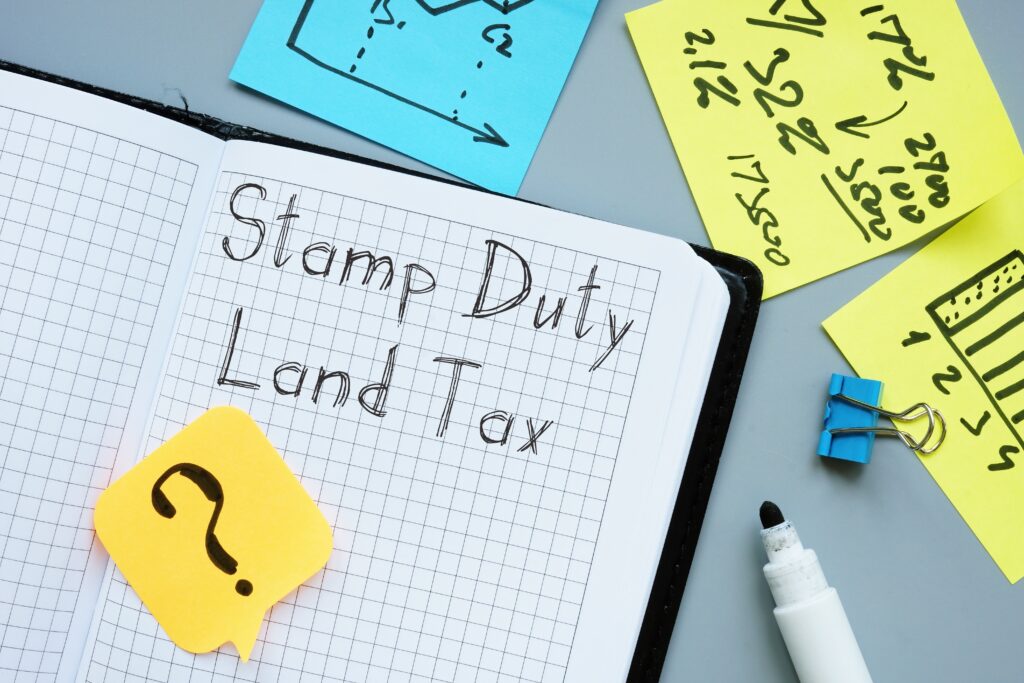The creditor duty refers to the duty of directors to consider and give appropriate weighting to the interests of creditors during the event that the company is approaching insolvency, or when the directors ought to know that the company is insolvent, bordering on insolvency or when an insolvent administration or liquidation is probable. The court has recognised that the creditor duty is not a standalone duty and is not a duty that directors owe directly to creditors. Instead, the duty derives from directors’ duties to the company.
In October 2022 in the case of BTI 2014 LLC v Sequana SA and others [2022] UKSC 25, the Supreme Court delivered its long-awaited decision in relation to the trigger point at which directors must have regard to the interests of the creditors of company, pursuant to s172(3) of the Companies Act 2006 (CA 2006).
Background of the case:
Sequana SA was the sole shareholder AWA (a subsidiary of Sequana SA). In May 2009, the directors of AWA authorised the distribution of a dividend of €135 million to its sole shareholder. This extinguished almost the whole of a larger debt due from Sequana SA, owed to AWA. At the time the dividend was paid, AWA was solvent however, it had long-term pollution-related liabilities of an uncertain amount and there was a ‘real risk’ that AWA might become insolvent in the future. AWA subsequently went into insolvent administration almost ten years later, in October 2018. BTI, a creditor of AWA, sought to recover the amount of the May dividend from AWA’s directors. It argued that the directors’ decision to distribute the May dividend was taken in breach of the directors’ creditor duty because the directors had not considered or acted in the interests of AWA’s creditors. The previous judgement of the Court of Appeal ([2019] EWCA Civ 112) held that the creditors’ interests duty may be triggered where actual insolvency had not yet occurred but should be triggered when the “directors know or should know that the company is or is likely to become insolvent”.
On appeal, the Supreme Court confirmed that the creditors’ interests duty arises when the directors know or ought to know the company is insolvent or bordering on insolvency, or insolvency is probable. The content of the creditors’ interests duty is to give consideration and weight to creditor interests in a manner that is appropriate to the circumstances of the company at the time. This duty must be balanced against other stakeholders, including members. However, once insolvency is inevitable, creditors’ interests are paramount
It was held that the nature of the creditor duty and the extent to which it overrides any conflicting interest of shareholders will depend on the extent of the company’s financial difficulties. It was proposed that the greater the company’s financial difficulties are, the more priority should be given to creditor interests. Where an administration or insolvent liquidation is inevitable, the creditors’ interests become paramount as the shareholders cease to retain any valuable interest in the company. This reaffirms the duty under the Companies Act 2006 (which contemplates that a director may in certain circumstances, have to act in the interests of creditors) and by commercial logic.
So, even though the insolvent administration did not take place until 10 years later, at the time of the distribution in 2009, the directors should have been able to predict that there was a strong possibility that the company would not be able to settle debts in relation to its long term pollution related liabilities, and not declared the may 2009 dividend.
If you require advice on the creditor duty, please contact Michelle.Lamberth@Herrington-Carmichael.com from our Corporate & Commercial Team.








